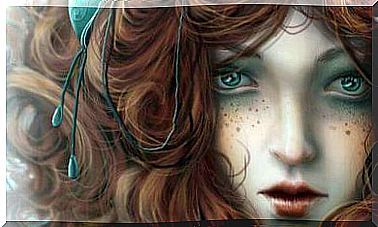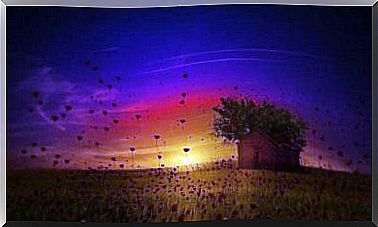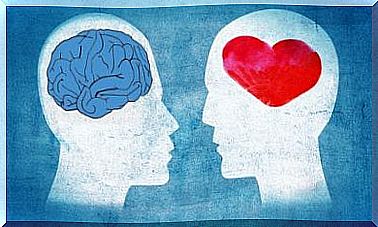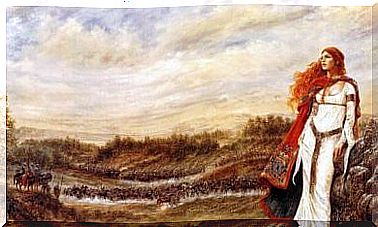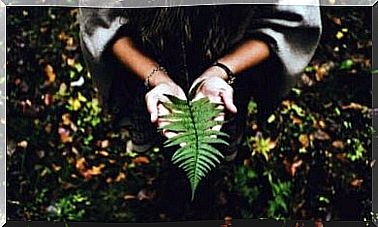Wetiko Is A “virus ” Of Selfishness According To American Indigenous Peoples
According to Native Americans, Wetiko is an evil spirit that invades human minds. It is a “virus” of selfishness. A physical pathogen forces the victim to feed his insatiable needs as if they were starving. It makes humanity its own worst enemy…
This interesting but disturbing view comes from a literary work we think everyone should read. Paul Lévy is an admirer of Carl Jung’s legacy and a regular columnist for “The Guardian” . He wrote a literary work entitled “Dispelling Wetiko” which deserves some reflection. Levy says that we live in an era where most psychosocial phenomena prove that there is a “virus” of selfishness.
The legacy Levy wanted to give with his book is not at all negative, scornful or alarming. It actually has the opposite message. Each virus seeks a host to invade and live off. But each of us can set up defensive barriers. We can strengthen our psychological “immune system” to prevent it from becoming infected with selfishness.
Let’s dive deeper into this idea…
Wetiko, human selfishness and Carl Jung’s shadow concept
Jack Forbes is a historian who explained something very interesting in his book Columbus and Other Cannibals . When the indigenous people came in contact with the first European pilgrims, the American indigenous peoples said that they were infected by Wetiko. It was a tribe of Cree in Canada that used this concept for the first time. However, Ojiwa, for example, already used the well-known term ” windigo “.
Whatever the case, the mental concept they had of the white or “civilized” man was an individual affected by a “virus” of selfishness. The virus led them to want the power of nature and its resources as their own. In turn, Paul Levy explains that this idea is the same one that Carl Jung used to explain the shadow concept. Shadow is the unconscious archetype that we all share.
Thus, common things like jealousy, greed, thirst for power and selfishness are actually products of our collective unconscious. Our darkest shadows and a “self” that has been disconnected from the conscience. A being who can be carried away by abominable acts.
Therefore, we can say that the evil spirit defined by Native Americans is different from Jung’s idea. It was not something that came from the outside world. Instead, it lived within ourselves.
In fact, we all carry that shadow within us, but it is up to us if we give it power…
How to kill a “virus” of selfishness
You can eliminate the “virus” of selfishness from your life. One way is to get to know what Carl Jung called the ” daemon “, the demon of our shadow. It lives on greed, envy, contempt and the thirst for power or dominance. These things have done terrible things to humanity throughout history.
The evil of wetiko has ruled our world for a while. We give it power, we obey it, and we allow ourselves to be carried away by it. As Jung explained, our responsibility is to be aware of it.
If we all allow ourselves to be controlled by these impulses to possess what another person has and manipulate them to our own advantage, even at the expense of harming them… we will fall into a collective psychosis where we will all end up tape. Selfishness is not a modern evil. It is an old disease that we still have not managed to eradicate.
Paul Levy enlightens us by explaining that we need to reflect if we want to work with our shadow and kill our Wetiko. Ultimately, the inner demon is nothing more than our underdeveloped, underworked, neglected personality.
It is a part of ourselves that we hide. By hiding it, we let it go out alone in search of nourishment. We let it report greed and envy. No more! Be healed from the “virus” of selfishness by working your inner struggles, growing as a person and dealing with the shadow that prevents you and humanity from living life to the fullest.


